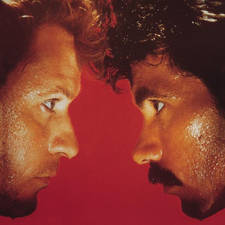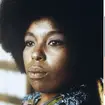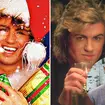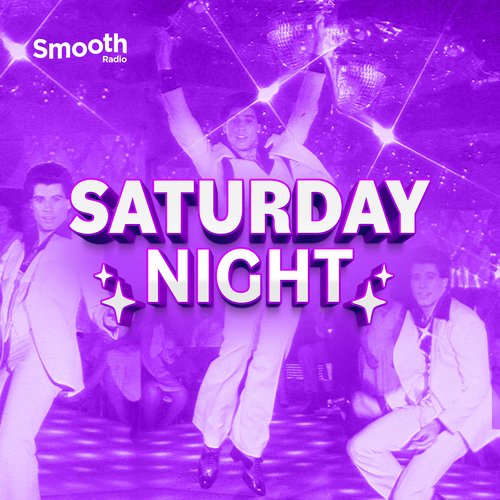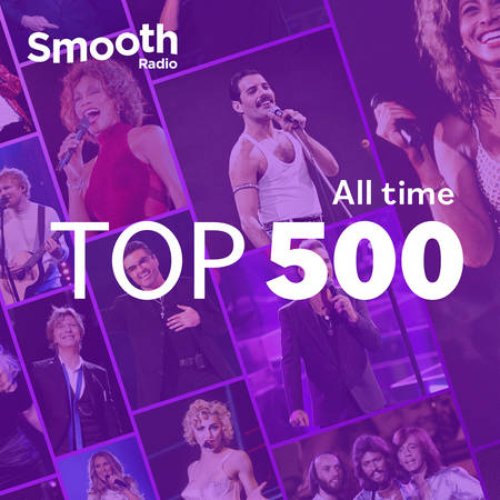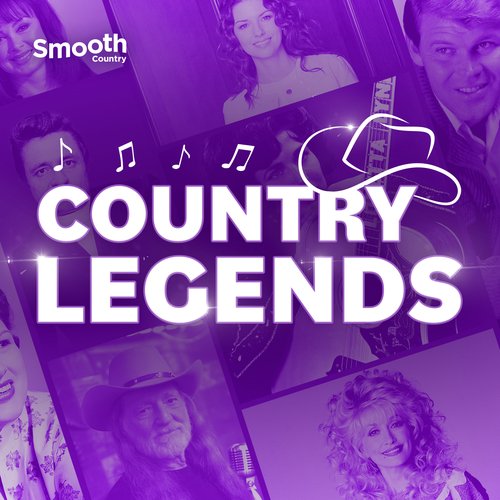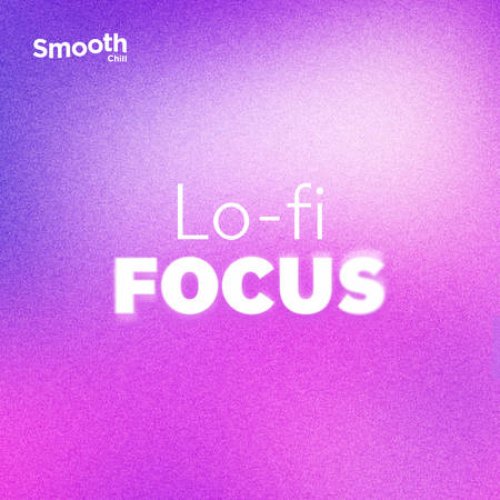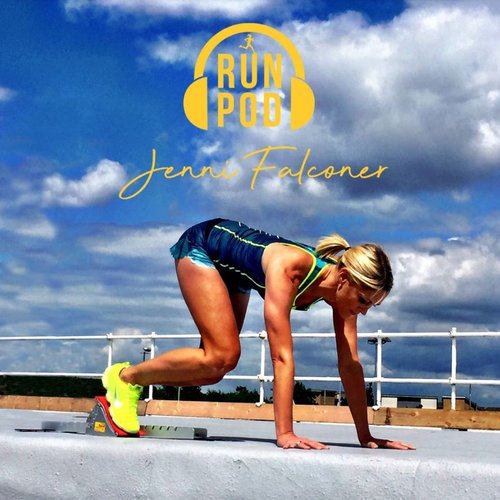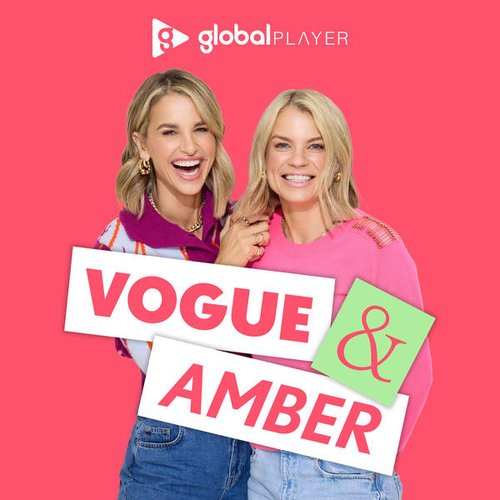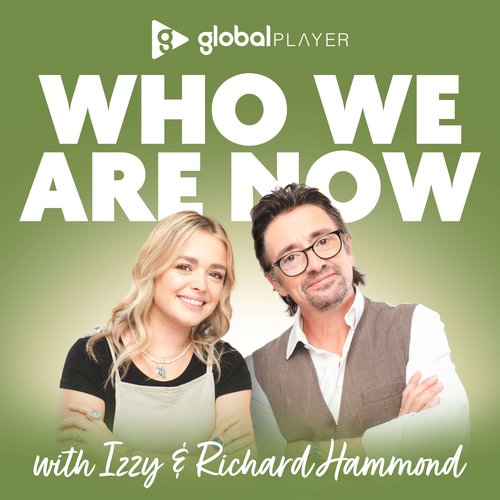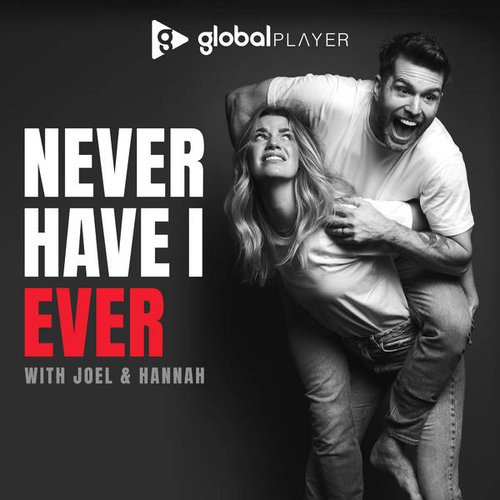The Story of... 'Don't You Want Me' by The Human League
16 November 2023, 11:32
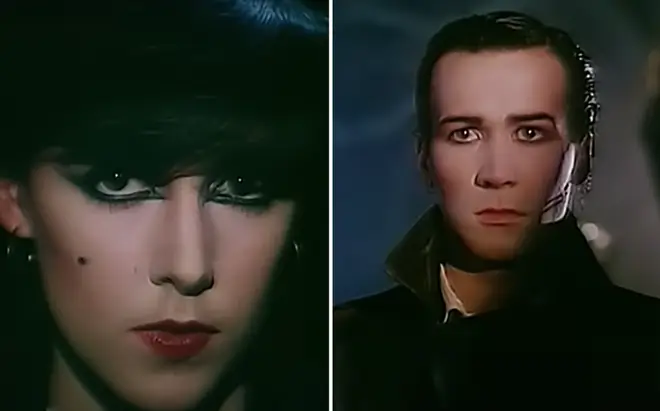
Listen to this article
"You were working as a waitress in a cocktail bar...."
Those are the iconic lyrics by The Human League, the band who ushered in the age of synth-pop at the dawn of the eighties.
Credited as being the "breakthrough" for the Second Brit Invasion of acts from the UK that dominated the US charts, 'Don't You Want Me' transformed the band into a global phenomenon.
To this day, it remains a karaoke standard, a song synonymous with the dramatic looks and intriguing electronica.
- The Human League announce incredible special guests for UK arena tour
- The Story of... 'Together in Electric Dreams' by Phil Oakey and Giorgio Moroder
All in all, it's a certified classic of UK pop music, and it's still The Human League's most commercially successful song to this day.
But who wrote 'Don't You Want Me'? Why didn't bandleader Phil Oakey like the song? Has anyone else covered it?
Here's all you need to know about The Human League's classic synth-pop song, 'Don't You Want Me':
Who wrote 'Don't You Want Me' and what inspired the song?

The Human League - Don't You Want Me (Official Music Video)
The Human League's bandleader and founder Phil Oakey wrote 'Don't You Want Me', their only constant member since the band was founded in 1977.
After reading a photo-story in a girl's teen magazine, Oakey penned the iconic lyrics about meeting a waitress in a cocktail bar.
Strangely enough, he watched 1976 musical drama A Star Is Born - featuring Barbra Streisand and Kris Kristofferson - and changed 'Don't You Want Me' into a duet when it was initially conceived as a solo track.
Two of the band's founding members, keyboard players Martyn Ware and Ian Craig Marsh, both left to form Heaven 17, so Oakey recruited two teenage vocalists to replace them: Joanne Catherall and Susan Ann Sulley.
It turned out to be a masterstroke, as Sulley took on the opposing vocals to Oakey, and combined with their striking looks made 'Don't You Want Me' one of the most memorable songs of the era.
Oakey has always insisted that it is not a love song, anything but. 'Don't You Want Me' is instead a song about power politics between the opposite sex.
Why didn’t Phil Oakey like the song?
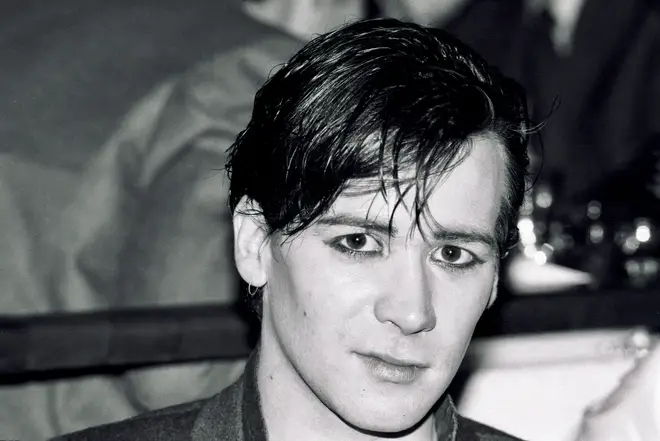
The Human League considered themselves as a cutting-edge band, that initially made their name within the avant-garde scene merging experimental electronics with pop hooks.
After the initial, harsher synthesiser parts were recorded by the band for 'Don't You Want Me', the producer Martin Rushent (appointed by Virgin Records, not the band) mixed the song to make it much softer.
Oakey was livid, hated the new "poppy" version and called it the weakest song on their forthcoming third studio album, which led to huge rows with Rushent and Virgin Records.
Due to his disdain, Oakey put 'Don't You Want Me' as the final track on the album, but the label still wanted to release it as a single.
That was after already having released three moderately successful singles in 'The Sound of the Crowd', 'Love Action (I Believe in Love)', and 'Open Your Heart'.
Oakey resisted the label's efforts to release 'Don't You Want Me' as a single, convinced that "the public was now sick of hearing" the band.
He added that the choice of a "poor quality filler track" would wreck their chances of becoming even more popular. The label went ahead, and the rest as they say is history.
The song was relatively cutting-edge, at least in terms of music production, LM-1 drum machine creator Roger Linn credited the song as the first to use the LM-1, which served as the basis for hits by Prince, Peter Gabriel, Culture Club, and Gary Numan after them.
When was ‘Don’t You Want Me’ released?
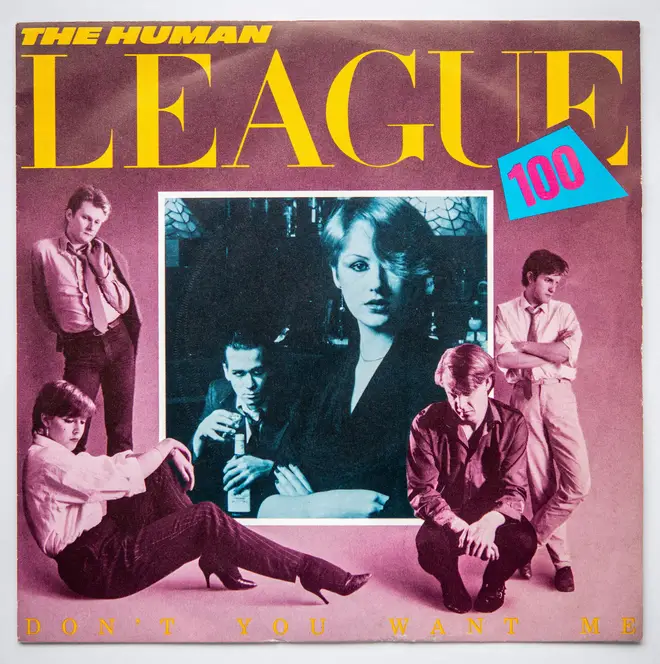
'Don't You Want Me' was the fourth single to be released from The Human League's 1981 album Dare.
The album was Virgin Records' first considerable hit since Mike Oldfield's legendary Tubular Bells in 1973.
Its success was the primary reason why the record label was saved from impending bankruptcy.
Richard Branson was so overjoyed that he bought Phil Oakey a motorcycle to say thank you, though he returned it as he couldn't ride it.
How was ‘Don’t You Want Me’ received?

Human League - Don't You Want Me (1982) • TopPop
'Don't You Want Me' was an instant hit, entering the UK charts at number nine after its release, then rising to number one for five weeks where it stayed over the Christmas period.
Even in that short period of time, it became the biggest-selling single of 1981, and subsequently the fifth biggest-selling single of the entire decade.
Propelled by the advent of MTV, the accompanying music video received constant airplay on the channel - which relied heavily on European exports as music videos were more commonplace across the Atlantic.
It became the band's first single release in the US in January 1982 after its impact in the UK, and thanks to MTV exposure, reached the top of the US Billboard charts in July where it stayed for three weeks.
The track mirrored MTV's rising cultural impact, slowly gaining attention until it became the be-all-and-end-all of the music industry.
What inspired the music video?
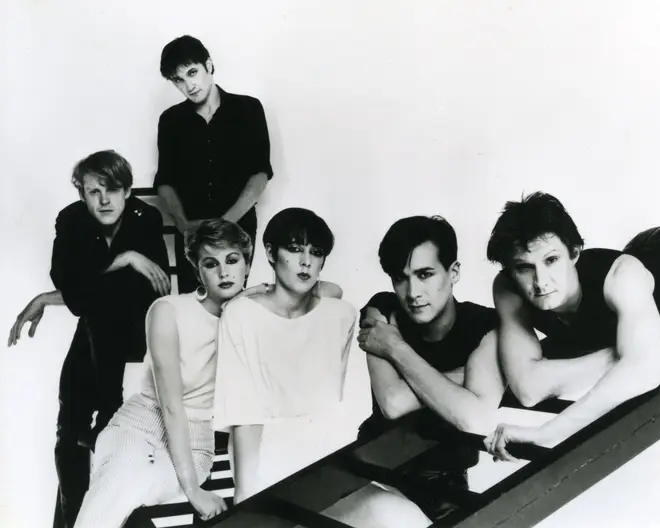
The music video for 'Don't You Want Me' was directed by Steve Barron, the man behind a host of the most memorable videos of the era, including Dire Straits' 'Money For Nothing' and 'Take On Me' by a-ha.
Inspired by the cinematic feel of Ultravox's hit 'Vienna' earlier that year, Barron shot the video on 35mm film which was expensive, though was entirely worth it.
He took further visual inspiration from a French 1973 film called Day For Night, though the video's narrative is also loosely based on A Star Is Born.
Coupled with the band's striking, era-defining image, it transformed them into international superstars.
Has anyone else covered 'Don't You Want Me'?

Sting sings Don't You Want Me by The Human League
Plenty of artists have covered The Human League's 'Don't You Want Me' over the years, from an array of different eras and genres.
Major artists likely stay away from the song because it's a tricky one to replicate or reimagine, though Blur and Gorillaz' main man Damon Albarn gave it a go in recent years.
English pop star Mandy covered it in 1989, as did British band The Farm in 1992, with Swedish eurodance troupe doing the same in 2002, and Sting sang it on a karaoke show as a joke.
YouTube is littered with renditions from adoring fans of the band even to this day, proving the song's endurance with new generations.
Though, Oakey still holds a grudge against it despite 'Don't You Want Me' being The Human League's biggest hit.
He told Classic Pop in 2014: "'Don't You Want Me' might have shifted gazillions, but either I've heard it too many times or the rest of Dare! is just so far ahead that it puts it in the shade."
